New Millerton marker commemorates birthplace of local legend Eddie Collins
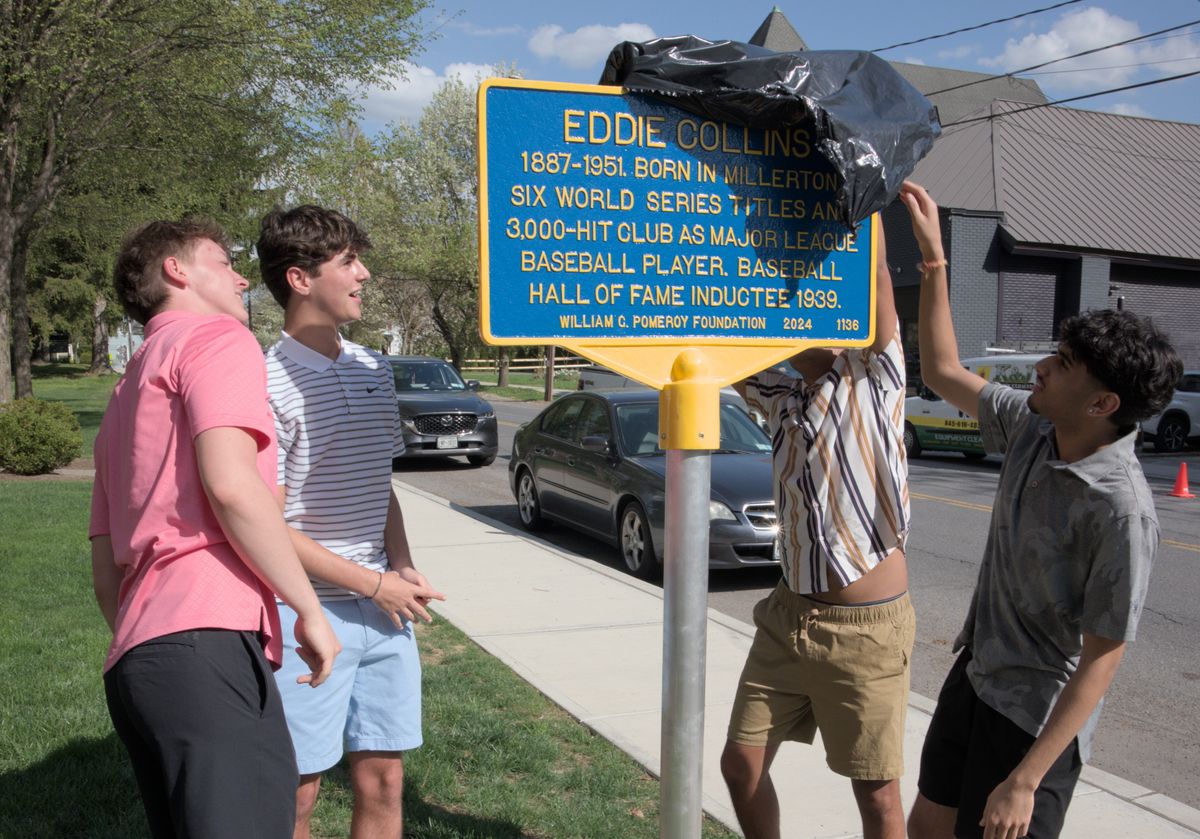
Aayan Munir, Evan Pagett, Joe Natalizio and Manav Patel remove the black plastic from the new historical marker commemorating the Millerton Inn as the birthplace of famous baseball player Eddie Collins. The Arlington High School seniors acquired a grant for the marker from the Pomeroy Foundation as part of a history project.
Photo by Nathan Miller
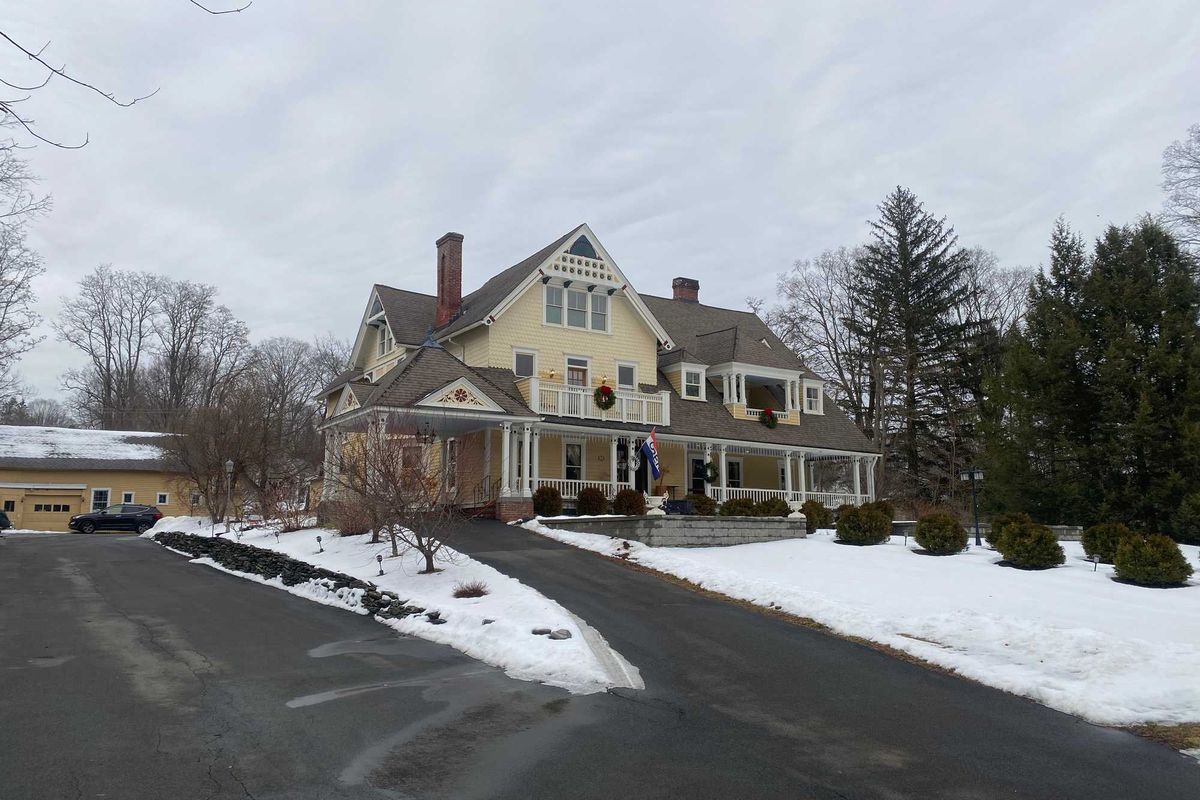

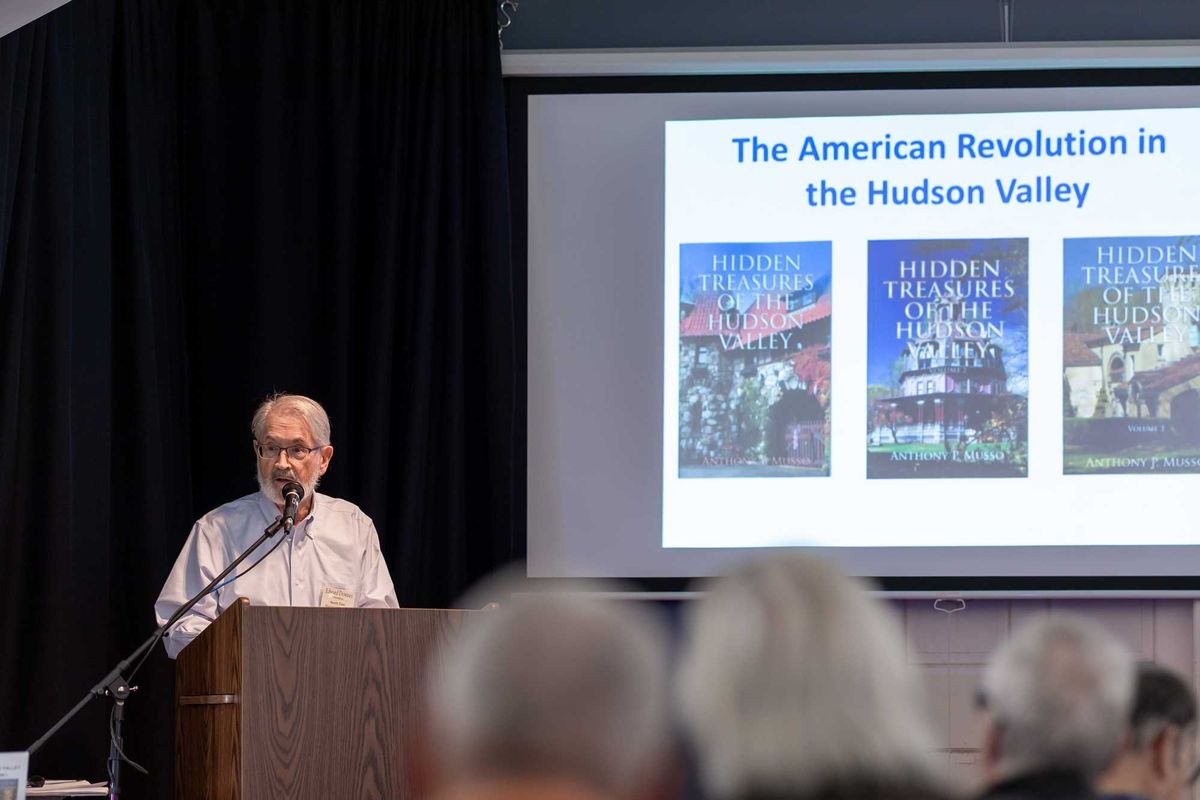
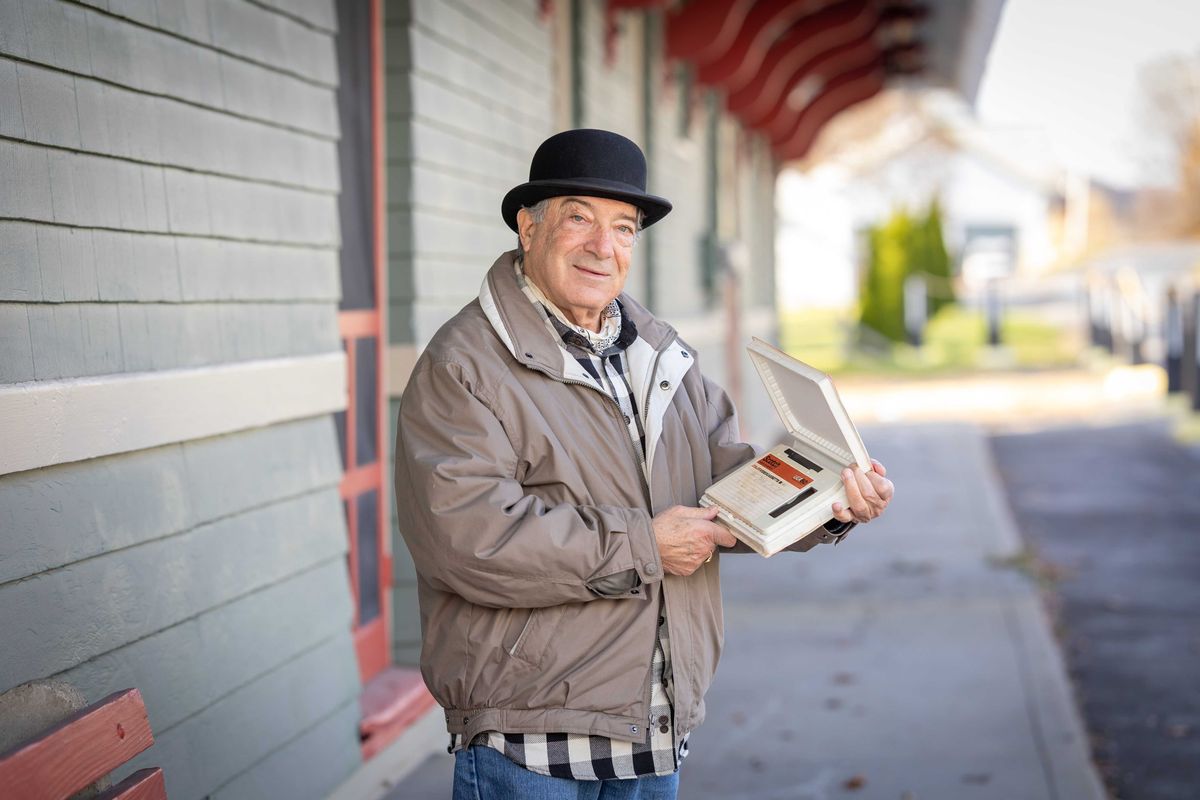
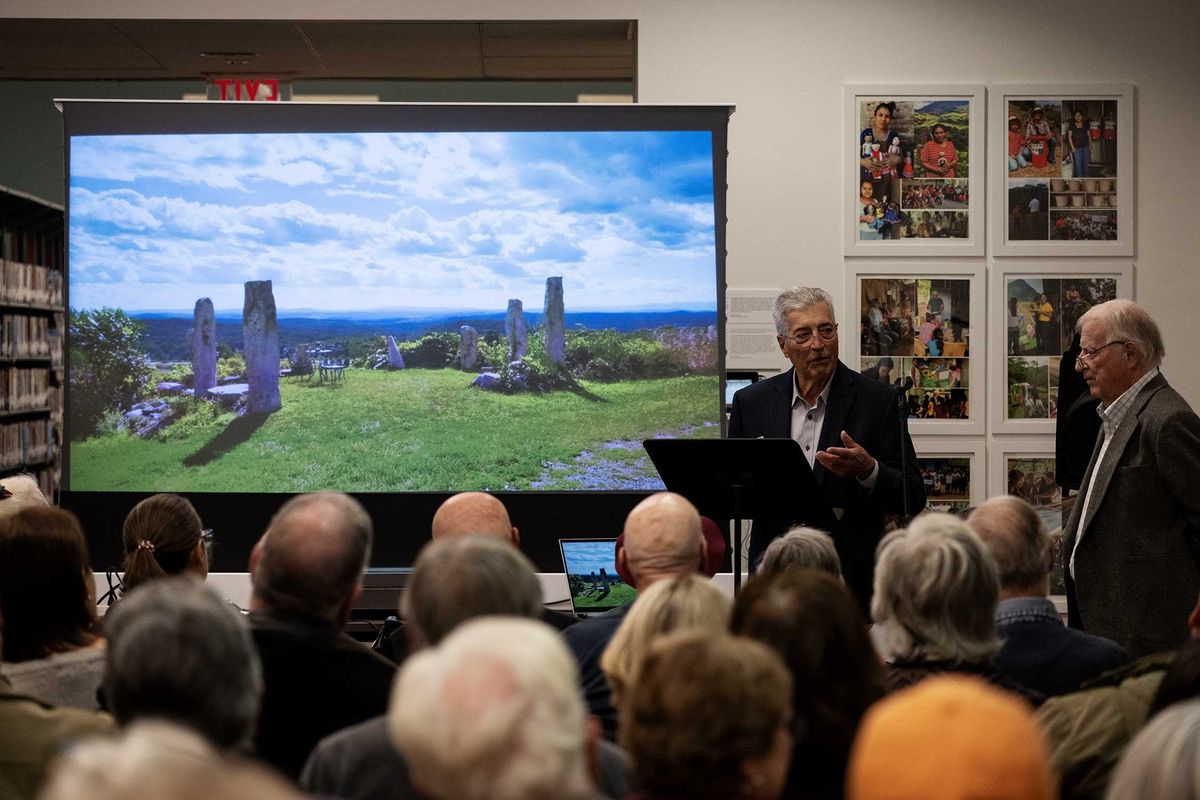
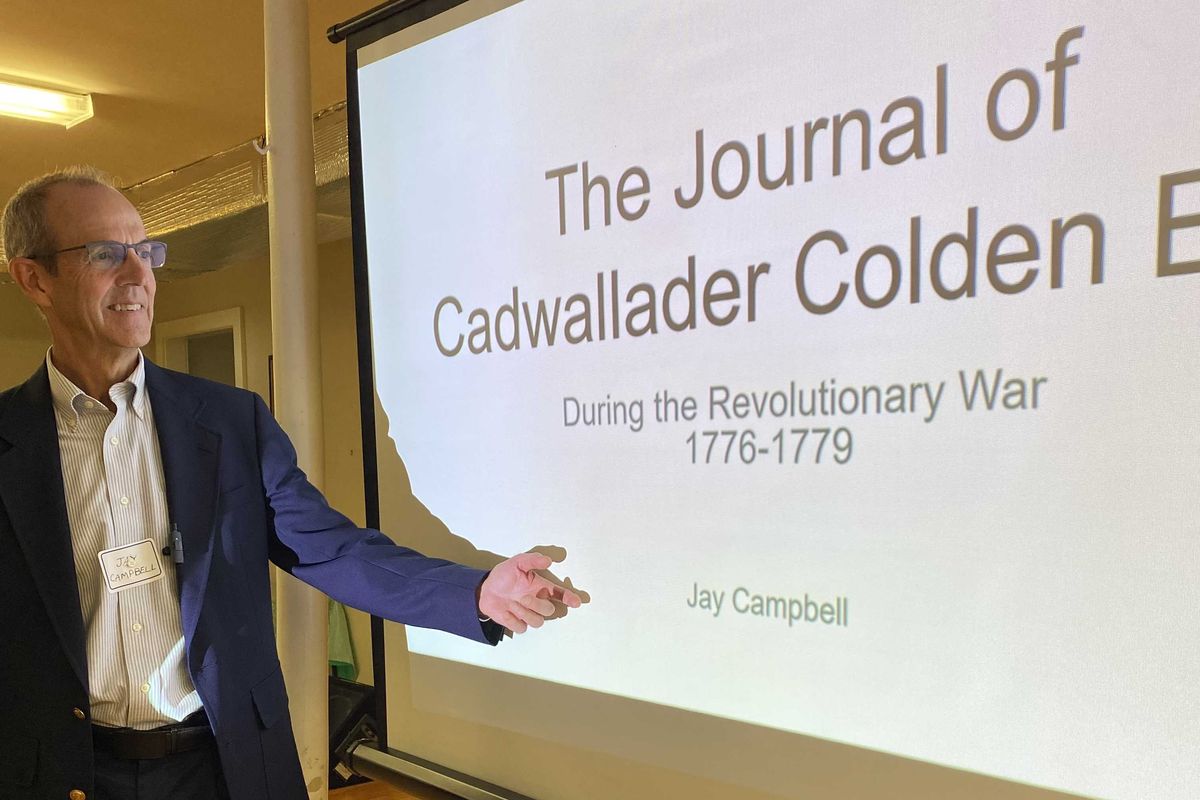
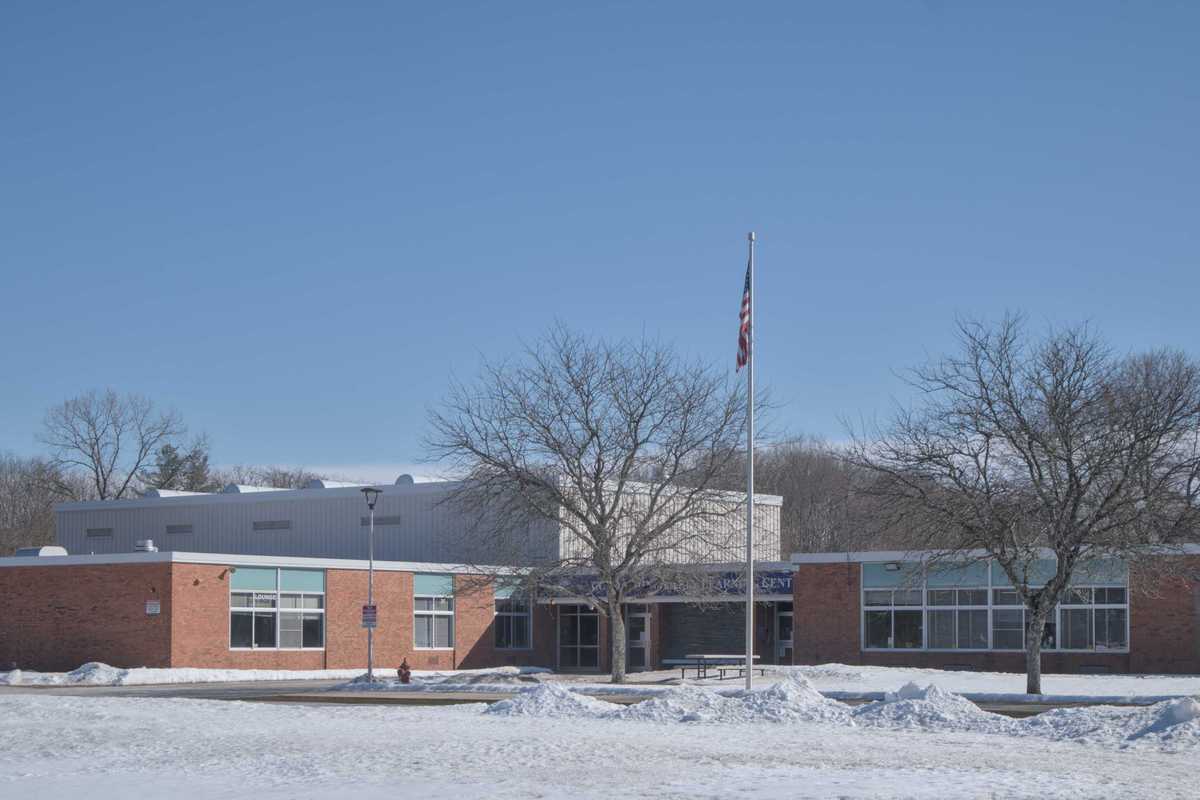



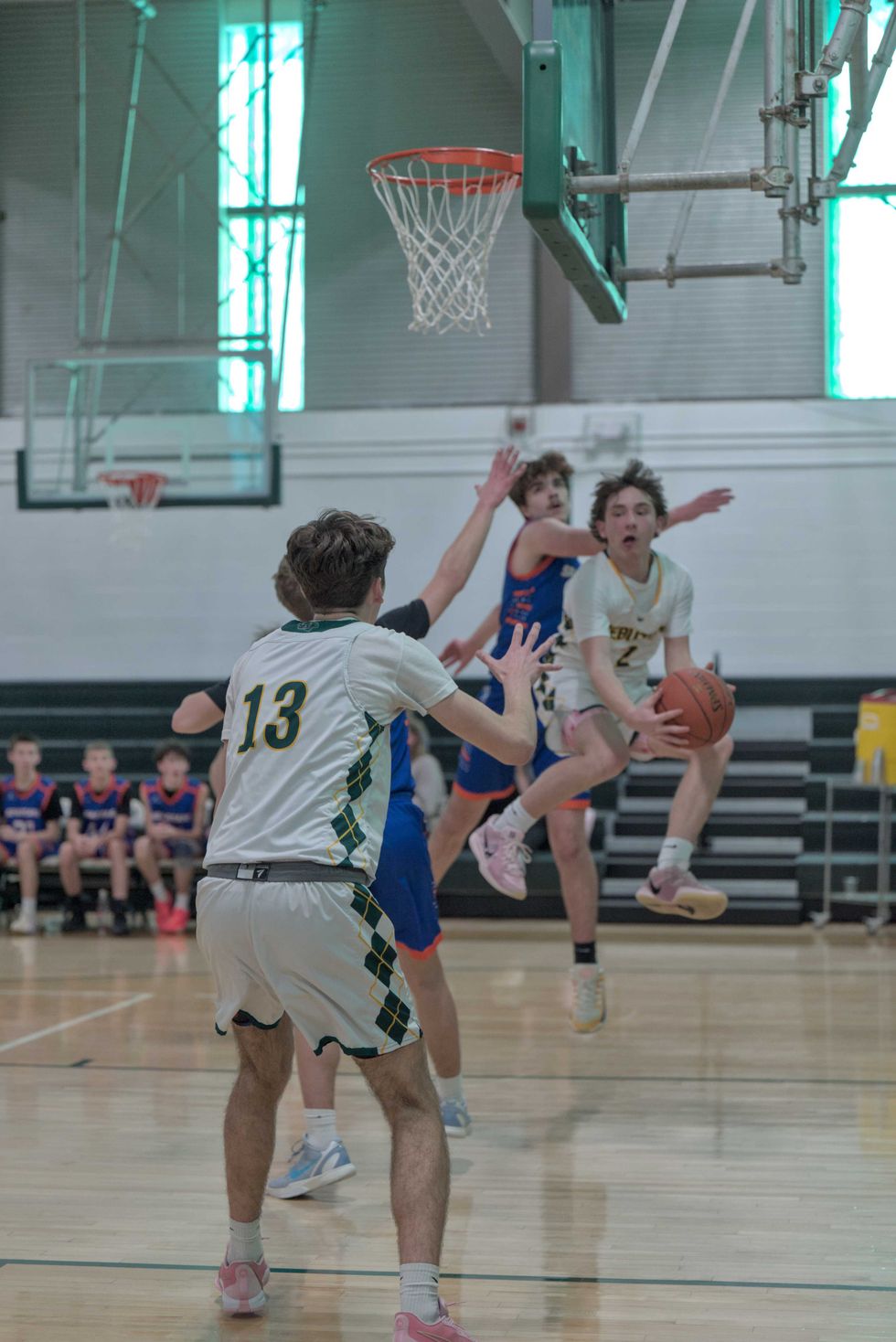




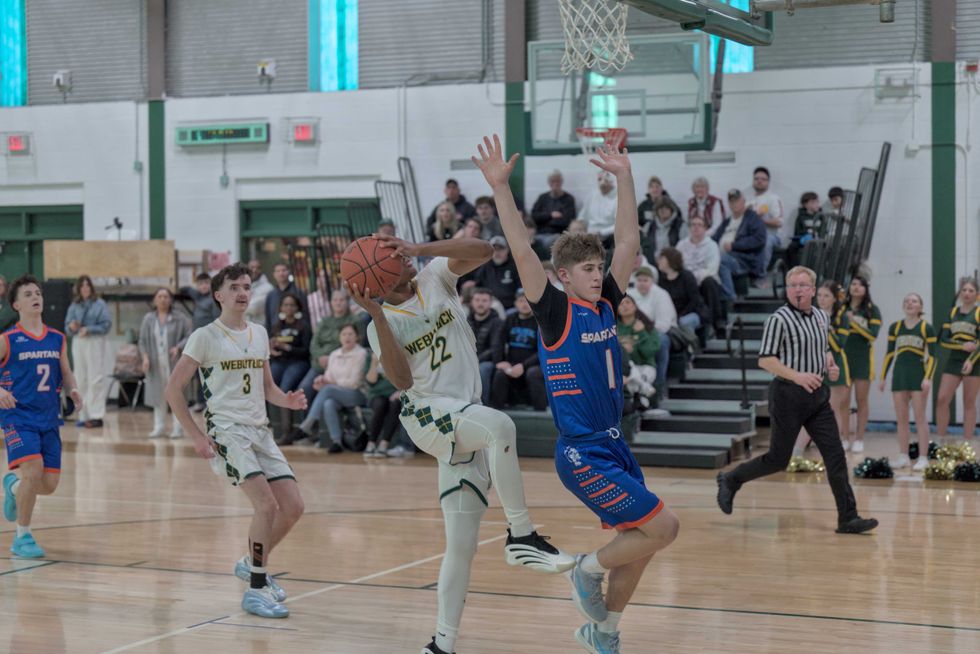




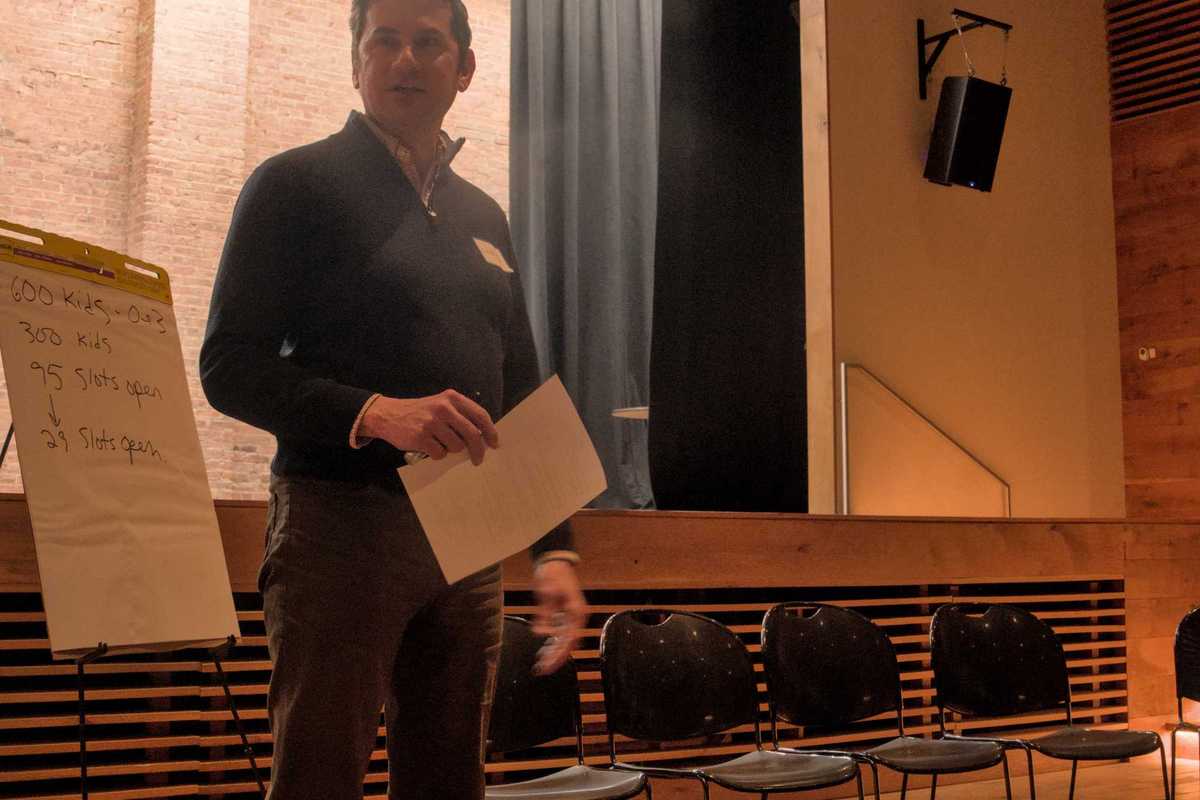
 Local parents, child care providers and nonprofit representatives outline the challenges they face in accessing and providing childcare in rural northeast Dutchess County during a forum at the Stissing Center in Pine Plains on Wednesday, Feb. 25. Photo by Nathan Miller
Local parents, child care providers and nonprofit representatives outline the challenges they face in accessing and providing childcare in rural northeast Dutchess County during a forum at the Stissing Center in Pine Plains on Wednesday, Feb. 25. Photo by Nathan Miller 


 lakevillejournal.com
lakevillejournal.com 




 Visitors consider Norman Rockwell’s paintings on Civil Rights for Look Magazine, “New Kids in the Neighborhood” (1967) and “The Problem We All Live With” (1963.) L. Tomaino
Visitors consider Norman Rockwell’s paintings on Civil Rights for Look Magazine, “New Kids in the Neighborhood” (1967) and “The Problem We All Live With” (1963.) L. Tomaino




